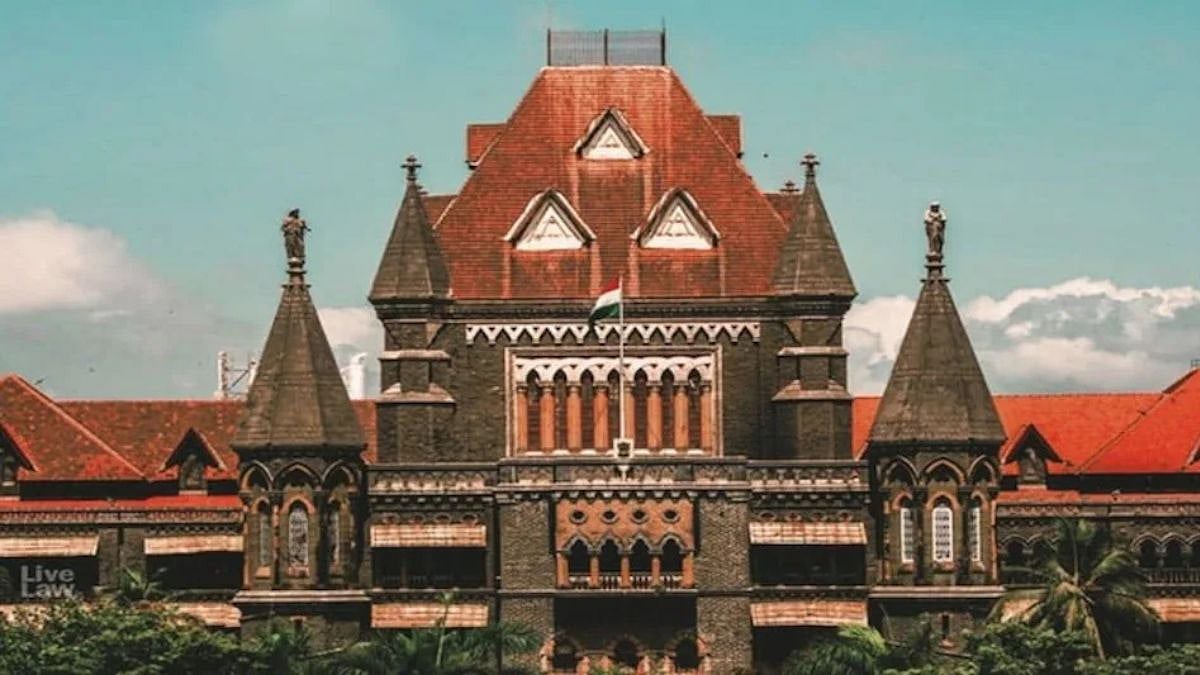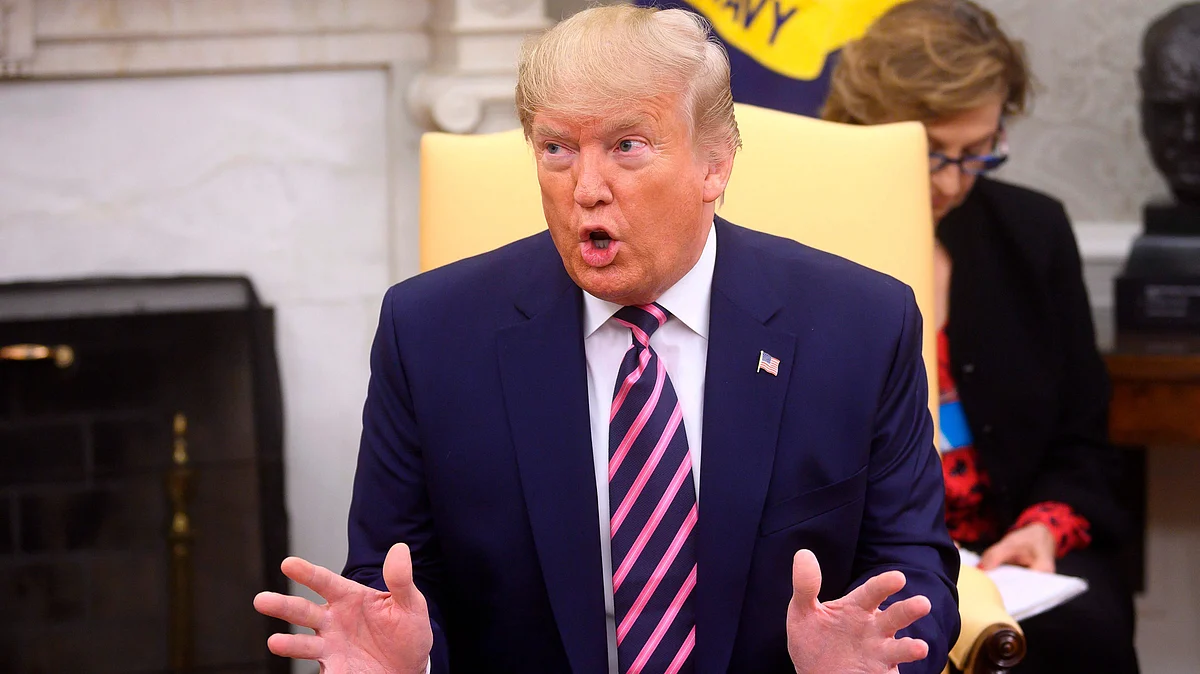The victory of Progressive Alliance coalition candidate Mohamed Muizzu in the Maldives Presidential election, defeating pro-India incumbent Ibrahim Solih, may shift the geo-political balance in the tiny island nation that is of great strategic importance to New Delhi and Beijing. Muizzu’s victory came in the wake of his strident campaign against what was perceived in the country as Solih’s increasing dependence on India. NewDelhi has given the Maldives some helicopters, and a small aircraft and about 75 Indian military personnel are stationed in the country to operate and maintain the aircraft. The Opposition began an ‘India Out’ campaign to protest the presence of Delhi’s troops. Muizzu, who is seen as a proponent of close ties with China, launched a belligerent drive against foreign troops on the ground and pledged to ensure the ouster of the Indian military from the country. He also promised to even out trade relations with China — which have so far been heavily tilted in India’s favour — if he won the polls. His mentor Abdullah Yameen, former President of the Maldives, is also perceived as pro-China. He made the Maldives part of China’s Belt and Road initiative during his presidency from 2013 to 2018. Yameen, who is serving a prison term after being convicted of corruption and money-laundering, was disallowed from contesting the polls, leading to Muizzu becoming the fallback candidate of the Opposition. One of Muizzu’s first acts after winning the election was to request Solih to order the transfer of Yameen from a high-security prison to house arrest in the capital, Male.

Apart from battling anti-incumbency, Solih was increasingly being perceived as being under India’s thumb, something the proud islanders resented. The outgoing President had openly propagated an ‘India First’ policy. His position was weakened after his former ally and ex-President Mohamed Nasheed pulled out of his alliance and decided to contest the polls separately. Now it remains to be seen how Muizzu will navigate relations with China and India. One of his advisors has already given an assurance that ties with India will remain paramount for the newMaldives dispensation but there is no doubt that China will feature prominently in Muizzu’s foreign policy. Several development projects have been initiated by India in the Indian Ocean nation, particularly the $500 million Greater Male connectivity project. Roads, hospitals and even a cricket stadium are on the anvil. The new government is unlikely to junk these key projects. India will have to carefully navigate the tricky waters in the Maldives. Foreign office mandarins failed to predict Nasheed’s falling-out with Solih. The 7-8% vote share that Nasheed’s party bagged may have made the crucial difference in the electoral outcome. The former President is a staunch India supporter and New Delhi will do well to engage with him.
India’s neighbourhood-first policy is surely facing a challenge. There is not even a remote possibility of ties with Islamabad achieving a semblance of normalcy as long as terror factories flourish across the border. Nepal Prime Minister Prachanda recently returned from a week-long visit to China and reaffirmed the mutual trust between the two countries. The Himalayan country has always blown hot and cold in its ties with India despite its affinity with the present BJP dispensation as a predominantly Hindu country. In the wake of the economic crisis that plunged Sri Lanka into uncertainty last year, India rushed in with a nearly $4 billion aid package. The return of known Chinese sympathiser Ranil Wickremesinghe notwithstanding, India is still on a strong wicket with the Lankan government. Elections are due in Bangladesh early next year and if the Sheikh Hasina-led Awami League does not return to power, New Delhi will lose a strategic ally. The US has already warned the Hasina government against manipulating elections, a charge constantly levelled by the Bangladeshi Opposition. New Delhi’s relationship with Beijing has been rocky to say the least, especially in the wake of border incursions and China’s intransigence on the issue of Arunachal Pradesh. While the West is going all out to woo India in order to counter China, New Delhi has its task cut out to ensure a neighbourhood free from the influence of Beijing. India cannot afford to play big brother; it has to win friends and influence leaders in its neighbourhood.





